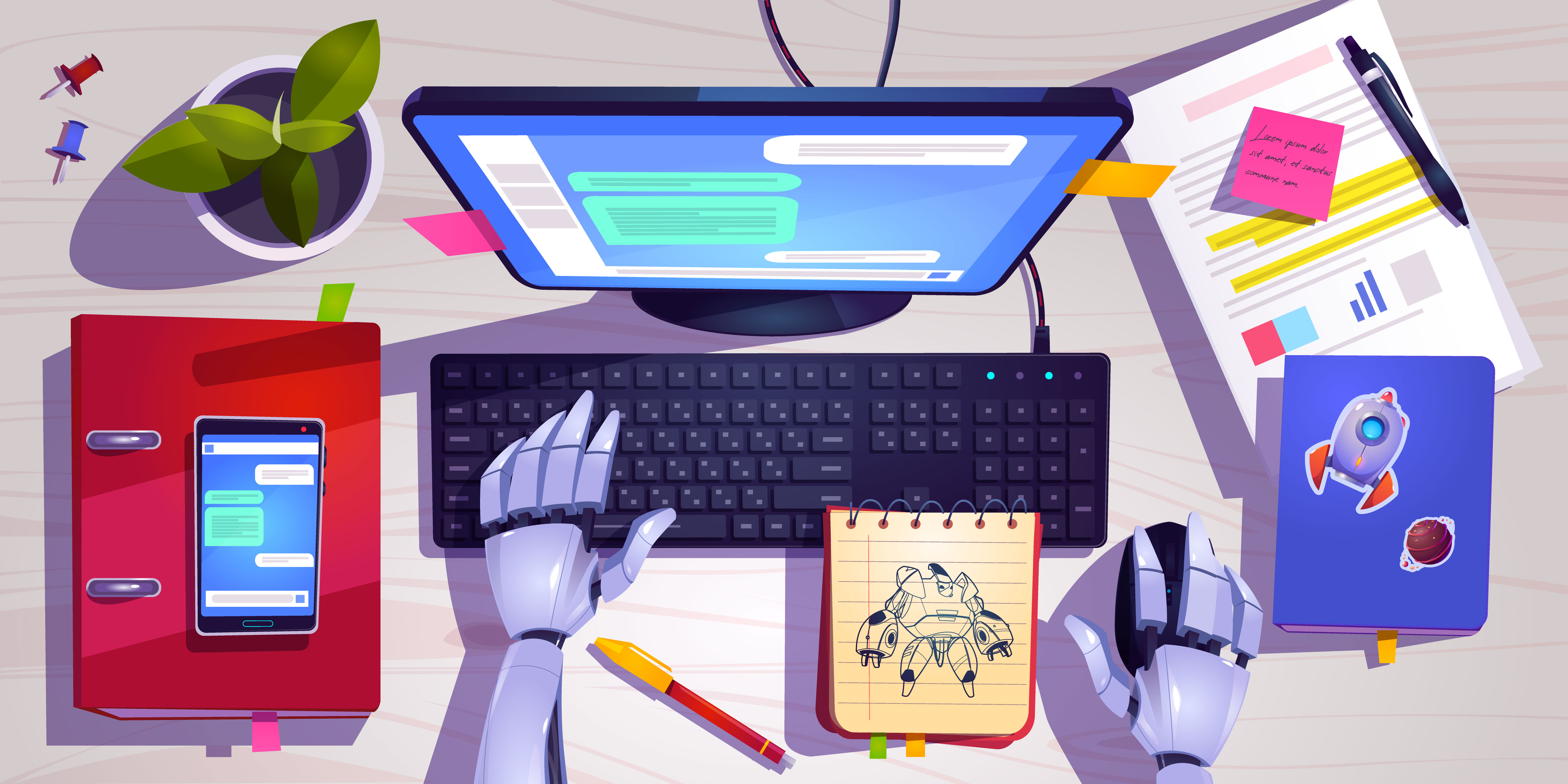The article reflects on the growing integration of AI into daily life, from classrooms to work, and asks whether this shift is making people intellectually sharper or more dependent on machines.
Tools such as ChatGPT, Grok and Perplexity have moved from optional assistants to everyday aids that generate instant answers, summaries and explanations, reducing the time and effort traditionally required for research and deep thinking.
While quantifiable productivity gains are clear, the piece highlights trade-offs: readily available answers can diminish the cognitive struggle that builds critical thinking, problem-solving and independent reasoning.
In education, easy AI responses may weaken students’ engagement in learning unless teachers guide their use responsibly. Some respondents point to creativity and conceptual understanding eroding when AI is used as a shortcut. In contrast, others see it as a democratising tutor that supports learners who otherwise lack resources.
The article also incorporates perspectives from AI systems themselves, which generally frame AI as neither inherently making people smarter nor dumber, but dependent on how it’s used.
It concludes that the impact of AI on human cognition is not predetermined by the technology, but shaped by user choice: whether AI is a partner that augments thinking or a crutch that replaces it.
Would you like to learn more about AI, tech and digital diplomacy? If so, ask our Diplo chatbot!










